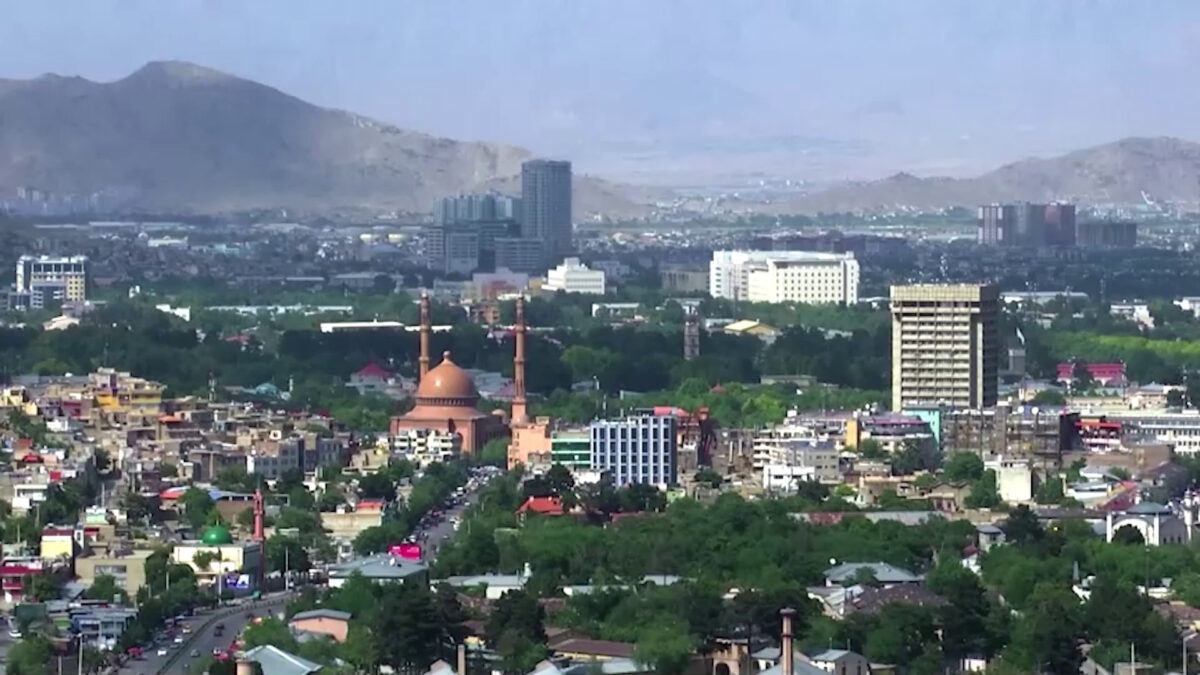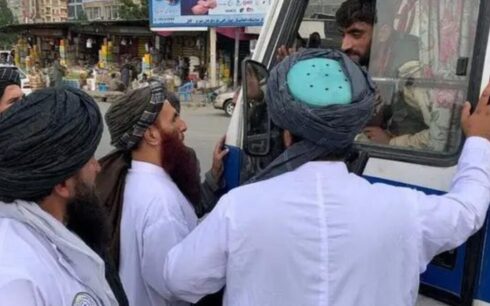In a recent report published by the Washington-based research organization, Observer Research Foundation America (ORF), key non-Taliban Afghan stakeholders are identified and highlighted for their potential role in future intra-Afghan negotiations.
According to information on its website, ORF America “is an independent, non-partisan, and nonprofit organization in Washington DC dedicated to addressing policy challenges facing the United States, India, and their partners in a rapidly changing world.”
The report analyzes the aftermath of the U.S.-Taliban deal of 2020, emphasizing the critical need for inclusive talks to establish a post-settlement government in Afghanistan.
Since the Taliban’s takeover in August 2021, the international community, as well as various Afghan political factions, have urged the Taliban to engage in negotiations with non-Taliban Afghans. However, the lack of a unified front among non-Taliban groups and the Taliban’s perceived victory following the U.S. withdrawal have hindered substantive negotiations, the analytical report says.
The report introduces three key non-Taliban stakeholder groups: social leaders (women, youth, and business), political leaders, and the armed resistance. It says that these groups collectively represent the diverse landscape of Afghanistan’s political stakeholders.
1. Social Leaders: Women, Youth, Business
The report underscores the pivotal role of Afghanistan’s women leaders in challenging the Taliban internally and internationally. Women, unified, nationalistic, and forward-thinking, have been at the forefront of protests and activism against the Taliban’s restrictive policies since August 2021. The report argues for the inclusion of women leaders in any non-Taliban delegation from Afghanistan for future negotiations.
Afghanistan’s youthful population, constituting over 60% of the country, is identified as another crucial stakeholder, the report says. The youth, despite diverse political opinions, share a common desire for peace, the report says suggesting that any negotiation process should involve representatives from the youth.
In this report, Afghanistan’s business community is highlighted as a key, albeit often overlooked, stakeholder.
The report suggests engaging with business leaders through existing channels like the Afghanistan Chamber of Commerce and Investment.
2. Political Leaders
The report identifies three influential personalities in Afghanistan’s political scene: former presidents Hamid Karzai and Mohammad Ashraf Ghani, and Abdullah Abdullah. Despite facing challenges and restrictions, these leaders remain significant figures who could contribute to the legitimacy of any future government resulting from negotiations, the report suggests.
The High Council for National Resistance, consisting of leaders of prominent political parties, is also emphasized as a key player.
Former vice president Mohammad Yunus Qanouni as well as Abdul Rashid Dostum and Mohammad Mohaqiq are members of the council, which was established by Afghanistan’s politicians in exile in May 2022.
3. Armed Resistance
The armed resistance against the Taliban, led by groups such as the Afghanistan Freedom Front and the National Resistance Front, is acknowledged for its sporadic efforts to challenge the Taliban, the report says.
While facing challenges, the report emphasizes the importance of engaging with these groups to bring about comprehensive and lasting peace in Afghanistan.
The Freedom Front this week claimed it has intensified its sporadic attacks against Taliban targets in past few weeks, including an attack on a Taliban outpost in Bagram district in the north of Kabul.
The report concludes by highlighting the need for the international community to hold the Taliban accountable to the U.S.-Taliban deal.
Initiating intra-Afghan negotiations was part of the US-Taliban deal. Another part was preventing Afghanistan from posing threats to other countries. But the peace process in Doha faced stalemate and now the Taliban is accused of links with a number of militant groups, including al Qaeda and the TTP.
The report suggests utilizing economic incentives and political pressure to bring the Taliban and non-Taliban Afghans back to the negotiating table. The report emphasizes that the engagement of key non-Taliban stakeholders is deemed crucial for achieving a legitimate and inclusive political solution, ensuring the respect of human rights, especially women’s rights, and fostering international recognition and support for Afghanistan’s reconstruction.
Taliban this week refused to accept a key recommendation of a UN-mandated assessment for the appointment of a UN special envoy for Afghanistan. The assessment says it put forward the recommendations as part of a roadmap for the future of Afghanistan.
The international community and countries in the region have consistently urged the Taliban to form an all-inclusive government, a suggestion that has been responded indifferently by the Taliban. The Taliban claims to have an inclusive government despite a UN report showing otherwise.
Taliban has also kept secondary schools closed for girls over the past years. Also, universities have been closed for women since last December.





